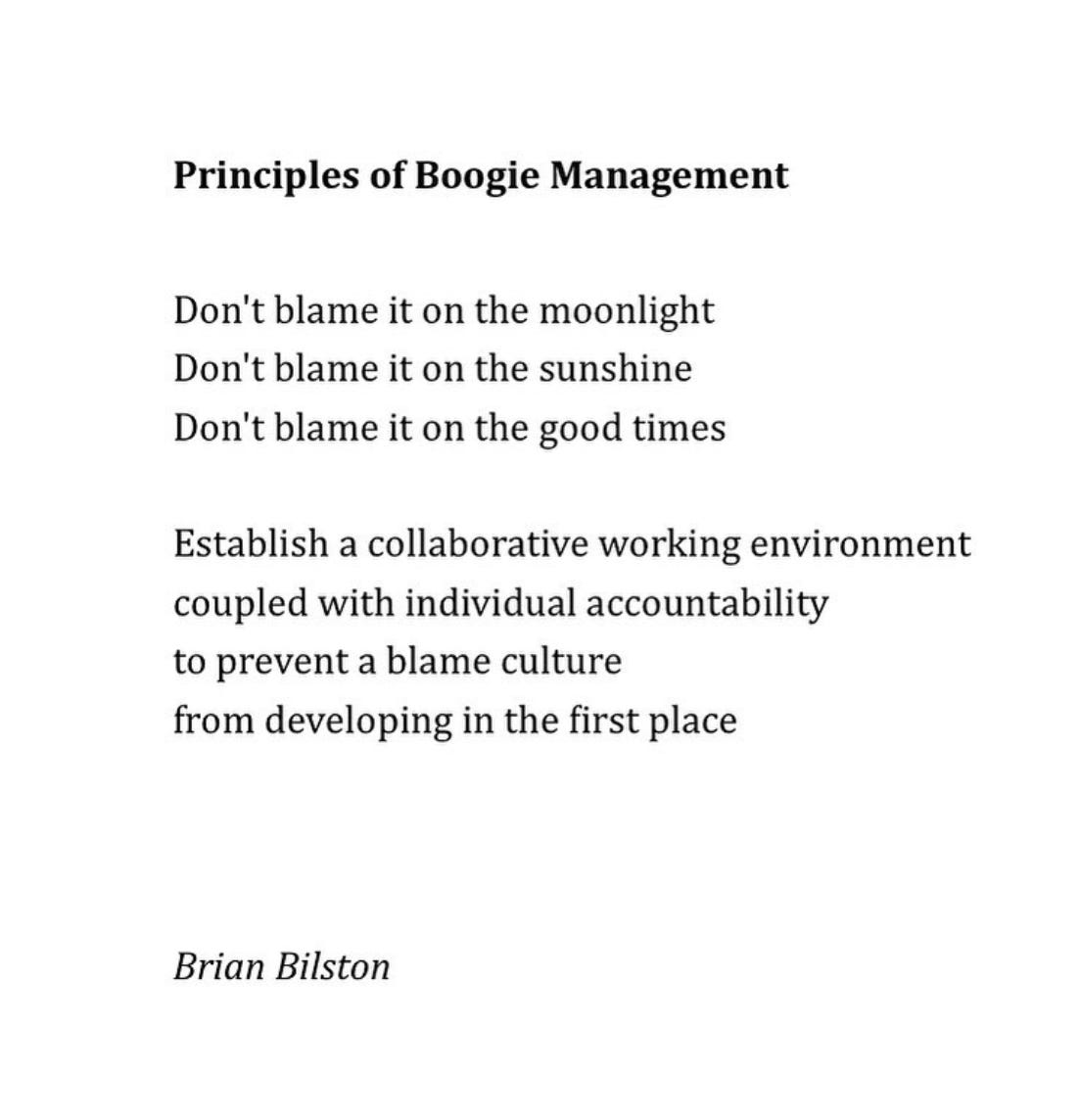4 lessons from co-authoring a book
How to remain remain sane (and married) when you write a book with your life partner plus a monthly link round-up.
People are fascinated by how Bec and I co-authored our book Written and what our process was like. Did we take our own advice all the time? Have we nailed writing habits? Do we write effortlessly, without fear and doubt? Of course not! We’re human after all.
But the aspect of our writing process which causes the most intrigue is how we, as a married couple who also run a business together, managed to write the book and remain relatively sane (and married).
While considering how writing a book about writing process is enough to make your head spin, there were four things we learned that might help you as you write.
1. Understand what motivates you
We write in the book about how Bec and I have very different ways of keeping ourselves going. Bec needs other people to keep her accountable - she often says yes to too many things and gets burned out. Whereas I tend to go it alone too much and get stuck in the weeds. These tendencies aren’t ‘better’ or ‘worse’ than each other – they’re just different. But once you know what your tendency is, you’re better able to…
2. Spot the warning signs of stuckness
One of the many joys of writing with me is that I often feel unable to move on unless I understand the detail - like, really understand it. Like a stubborn old Labrador digging in her claws, I can waste hours trying to work something out when what I really need to do is clear my head and put things to one side. When you’re in the middle of ‘being stuck’ it’s hard to know you are. That’s why it’s useful for me to spot my warning signs. When I experience that overwhelming urge to sit at my desk for another evening that’s exactly what I should not do.
3. Don’t take it personally
We argued about the book – A LOT. In fact, I had to apologise to our next-door neighbours once for all the shouting and explain we were writing a non-fiction book, not in the process of murdering each other. Whether you’re writing on your own or it’s a collaboration there will always be times feel like tearing your hair out, blaming yourself or blaming someone else. When we felt like that it was always important to remember that we were not really mad at ourselves or each other – just the bloody book.
4. Play to your strengths
Despite the book starting with Bec’s first-person story as she finds her feet at the Lumb Bank writing centre, she struggled to write the introduction – so I wrote it. I interviewed her as I would one of my ghost-writing clients and drafted the chapter in her voice.* The moral of this story is: we’re all good at doing different things. Find out what you’re good at (also what you’re not so good at) and how your skills complement with the skills of others. Consider what you find easy and hard – and how other people can help and support you.
*Interestingly, the only person who read the introduction without knowing who’d written it, said to Bec: ‘it doesn’t sound like you’ was her mum. So perhaps lesson number five is always beware of mother-in-laws with special powers.
Keep writing,
Chris
Five links from us
➡️ We were very excited to talk to Matt and Parul for the London Writers’ Salon Podcast about writing habits, process and the nuts and bolts of writing, publishing and promoting a non-fiction book. They are incredible interviewers who coaxed all sorts of insights from us.
➡️ 3,800 views and counting, we had a blast delivering this webinar on productive writing habits for our friends at Reedsy (also on YouTube). Some great questions from the audience - thanks so much if you were there!
➡️ We kicked off our Written Conversations programme in January with a chat with Oliver Burkeman. This month featured a Q&A with Bec where she answered all your productivity questions! Watch the video.
➡️ In March, we’ll be joined by memoirist, novelist and writing coach extraordinaire Cathy Rentzenbrink who we’ll talk to about writing confidence and the myths we believe when we write - and how to break them.
➡️ If you have a writing project you really want to nail, join us this April for our Four Week Writing RESET programme. Pop your name on the waiting list and get 25% off the price.
Five links from others
➡️ This is other level writing resilience. Lesley Paterson, script writer of Oscar-favourite and multi-BAFTA award winning film All Quiet on the Western Front, explains how she funded her 16-year writing ambition through entering and winning triathlons. It’s enough to inspire you to put your feet up and have a nice cup of tea.
➡️ Some great tips from Susan Cain the Ted-Talking author of bestselling Quiet and Bittersweet including this one: Realize that it’s enough to just start doing creative work for five, ten, fifteen minutes a day, if that’s all you have time for. It doesn’t have to be your career. It doesn’t have to be the source of success, money, or status.
➡️ We LOVE British poet laureate Simon Armitage. We also LOVE comedy writer Lucy Beaumont so there’s absolutely everything to love about Armitage’s podcast where he interviews writers and performers in his shed up the road from us in Yorkshire. It’s on BBC Sounds so might only be available in the UK.
➡️ Wait But Why creator Tim Urban writes about how an idea became a mini-post, then became a mammoth post, then became a series of posts, then six years later, became a book. He writes: It’s hard to cut writing. Perfectionism, sunk costs, etc. Procrastination abound. I would try to cut a section down, polish it off, and move on, but kept finding myself rewriting the section entirely. I was moving at a snail’s pace. If you haven’t already watch his Ted Talk and read why procrastinators procrastinate.
➡️ "It is a truth universally acknowledged, that a single man in possession of a good fortune, must be in want of a wife." Is the start of which classic novel? Test your literary knowledge with this fun quiz from Pan Macmillan.
Blame game
First seen on Instagram - with thanks to poet Brian Bilston








Thanks for this. Really helpful.